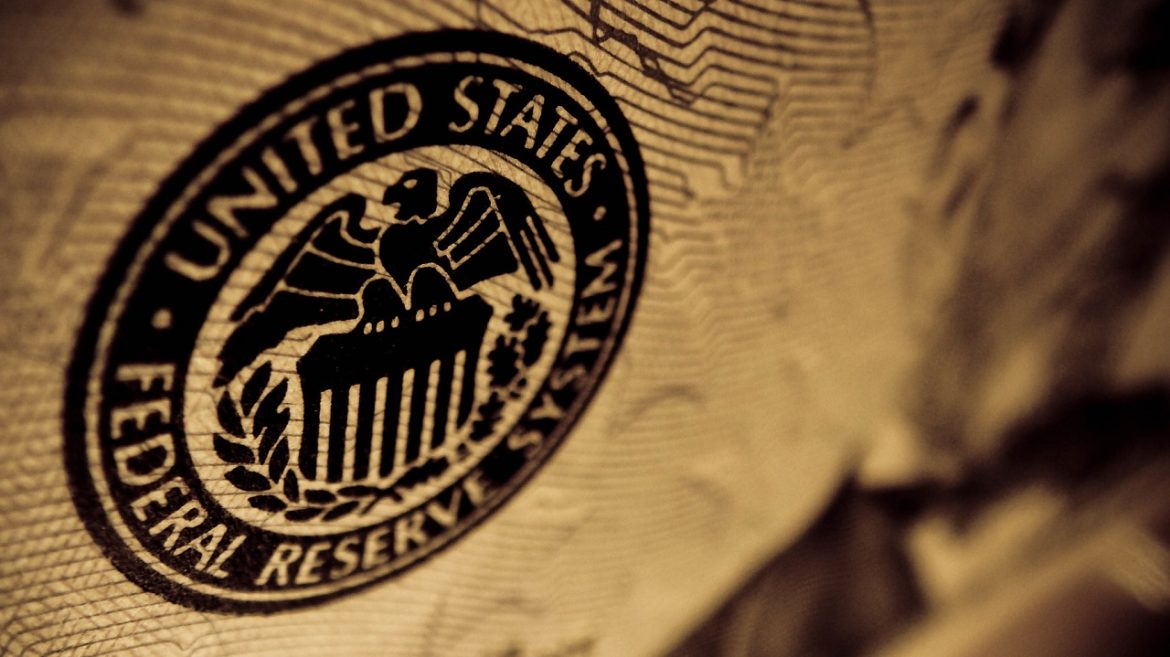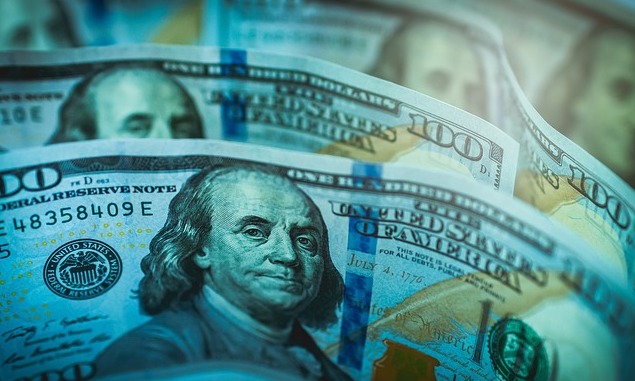After three straight months of sagging retail sales, American consumers flush with stimulus money went on a spending spree last month. Retail sales surged 5.3% to start the year, significantly beating expectations. In his podcast, Peter Schiff called it Christmas in January.
The Federal Reserve released the minutes from its January meeting this week. It featured some pretty thick Fed-speak. In this episode of the Friday Gold Wrap podcast, host Mike Maharrey translates and tells you what the Fed is telling you about inflation. He also talks about why he thinks gold and silver are both struggling in an economic environment that should be bullish for precious metals.
The bond market is getting clobbered. Long-term interest rates are rising and that is putting significant pressure on gold. Peter Schiff talked about rising rates and the gold market in a recent podcast. He said the rise in long-term yields is a function of inflation and people seem to forget that inflation is good for gold.
Last week, Federal Reserve Chairman Jerome Powell said he wasn’t worried at all about inflation. But there are signs that inflation is heating up everywhere, from surging commodity prices to rising bond yields. In his podcast Friday (Feb 12) Peter Schiff talked about increasing inflation and the unreasonable expectations Wall Street has when it comes to the Fed’s willingness or ability to do anything about it.
With Joe Biden in the White House and Democrats controlling both houses of Congress, it seems pretty certain we’re going to get a federal $15 an hour minimum wage. In this episode of the Friday Gold Wrap podcast, host Mike Maharrey discusses the economic ramifications of minimum wage laws. Hint — they are not good. He also talks about Fed Chair Jerome Powell’s comments this week and why they should make you even more bullish on gold.
On Wednesday, Federal Reserve Chairman Jerome Powell called for a “society-wide” commitment to reaching full employment, calling for “contributions from across government and the private sector.” He said getting people back to work would require “continued support from both near-term policy and longer-run investments.” He also dismissed concerns about debt saying the focus needs to be on the economy’s immediate needs. As Peter Schiff put it in his podcast, Powell handed the US Treasury a blank check.
So, what’s wrong with stimulus, money printing, trade deficits, and the minimum wage? Peter Schiff appeared on Meet Kevin to tackle these questions and more.
We ended last week with some weaker than expected economic data – particularly the jobs numbers, but the stock market continues to go up. These days, the mainstream reacts to everything as good news. No matter what the data suggests, everybody seems to think things will come up smelling roses because of stimulus. But in a recent podcast, Peter said all of this smells more like stagflation.
Minneapolis Federal Reserve Bank President Neel Kashkari has been making the rounds. Peter Schiff talked about Kashkari’s recent comments on his podcast.
Kashkari ranks as arguably the most dovish Fed president. Peter called him the “uber-dove” saying he basically wants to print as much money as possible. During an online seminar put on by Montana’s Bureau of Business and Economic Research, Kashkari said the Fed needs to do even more to boost the economy and he’s not worried about overdoing it.
The COVID-19 pandemic put Federal Reserve easy-money policy on hyperdrive. But make no mistake, the Fed was already forcing interest rates artificially lower and engaging in quantitative easing long before coronavirus arrived on American shores. In fact, there was no plausible exit strategy from this policy after the 2008 financial crisis and there is no exit for it today.












